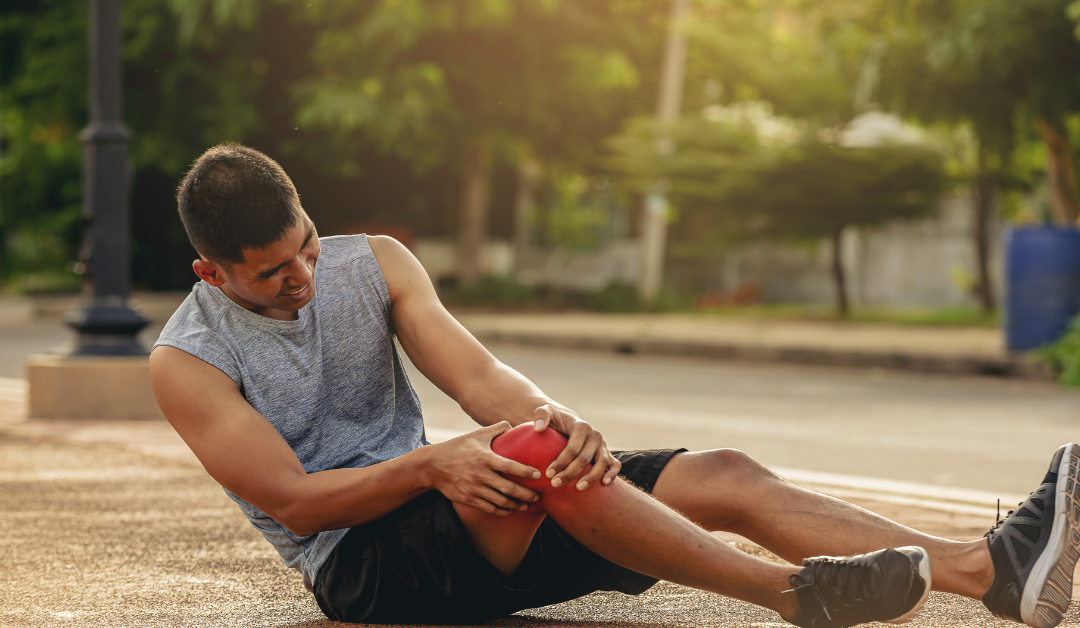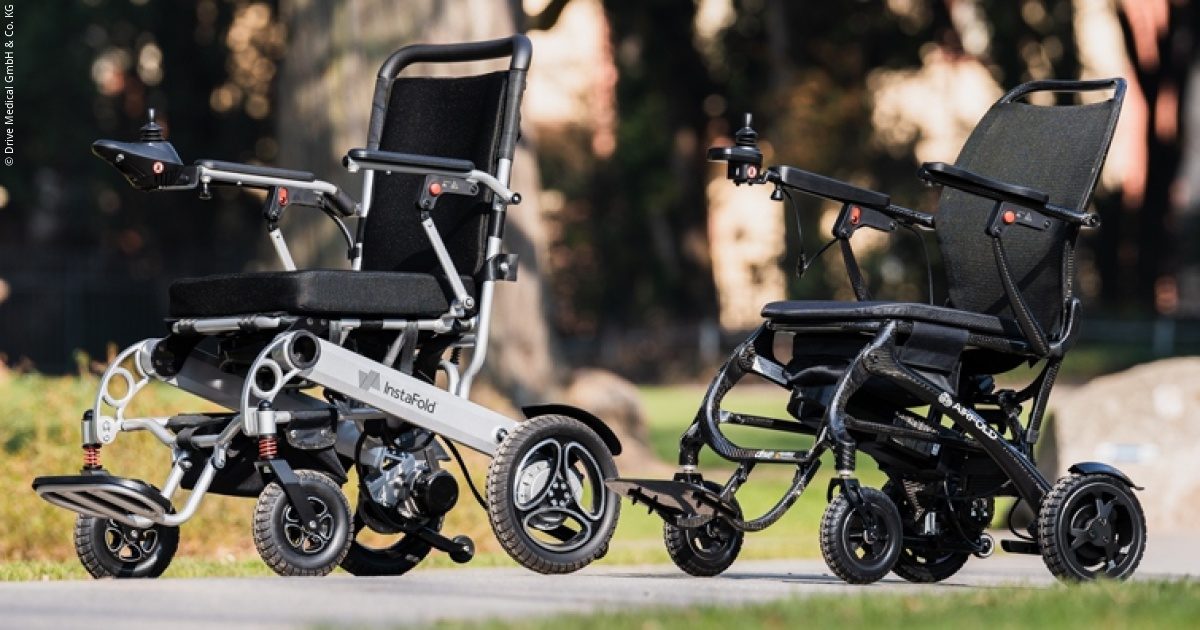Natural Relief for Psoriatic Knee Arthritis and Bone-on-Bone Knee Pain

Dealing with psoriatic knee arthritis or a bone-on-bone knee condition can make everyday tasks like walking or climbing stairs feel daunting. The pain, stiffness, and swelling can take a toll, but there’s hope. If you’re searching for the best psoriatic knee arthritis doctor near me or seeking natural treatment for bone-on-bone knee issues, this guide will help you explore holistic approaches, find the right specialist, and take charge of your joint health without relying on surgery.
Related: Beat Lower Back Pain: Best Exercise Bikes for Comfort and Relief
What Are Psoriatic Knee Arthritis and Bone-on-Bone Knee Conditions?
Psoriatic arthritis (PsA) is an autoimmune condition often linked to psoriasis, causing inflammation in joints like the knees, leading to pain, swelling, and stiffness. Over time, this inflammation can wear down the cartilage cushioning the knee, resulting in a bone-on-bone condition where bones rub together, causing intense discomfort and reduced mobility. Whether your knee pain stems from PsA or general arthritis, natural and non-surgical treatments can make a big difference.
Finding a Specialist for Psoriatic Knee Arthritis
To manage psoriatic knee arthritis effectively, you’ll want a doctor who understands both autoimmune conditions and joint health. Here’s how to find the best psoriatic knee arthritis doctor near me:
-
Look for a Rheumatologist with a Holistic Approach
Rheumatologists specialize in autoimmune diseases like PsA. Seek one who values natural and non-surgical treatments, such as diet changes or physical therapy, alongside medical care. Use tools like the American College of Rheumatology’s website or local hospital directories to find specialists in your area. -
Check Reviews and Experience
Platforms like Healthgrades or Zocdoc offer patient reviews and details about doctors’ expertise. Look for rheumatologists experienced in PsA and knee arthritis, especially those who prioritize conservative care. -
Ask About Natural Treatment Options
When consulting a doctor, inquire about their approach to treatment for bone-on-bone knee without surgery. A good specialist will discuss lifestyle changes, supplements, and therapies like acupuncture or physical therapy. -
Tap Into Community Recommendations
Search online forums or X posts for local recommendations by using terms like specialist psoriatic knee arthritis without surgery near me. Patient stories can guide you to trusted doctors. -
Verify Insurance Coverage
Contact your insurance provider to find in-network rheumatologists or orthopedic specialists who can collaborate on your care, ensuring affordable access to consultations and treatments.
Natural Treatments for Psoriatic Knee Arthritis and Bone-on-Bone Knee
Natural remedies can significantly reduce pain and improve mobility for psoriatic knee arthritis and bone-on-bone conditions. Here are evidence-based, holistic approaches to try:
-
Anti-Inflammatory Diet
Inflammation drives PsA and cartilage loss, so adopting an anti-inflammatory diet is a game-changer. Focus on:-
Omega-3-rich foods: Salmon, mackerel, chia seeds, and walnuts reduce inflammation.
-
Colorful fruits and vegetables: Berries, leafy greens, and sweet potatoes are packed with antioxidants.
-
Turmeric and ginger: These spices have natural anti-inflammatory properties. Try adding turmeric to smoothies or brewing ginger tea.
Avoid processed foods, sugar, and red meat, which can worsen inflammation.
-
-
Weight Management
Extra weight puts pressure on your knees, worsening pain in bone-on-bone conditions. Losing just 5-10 pounds can reduce joint stress significantly. Work with a nutritionist to create a sustainable plan that includes whole foods and portion control to support joint health. -
Low-Impact Exercise
Movement is crucial for keeping joints flexible and strengthening supporting muscles. Try:-
Swimming or water aerobics: These reduce joint stress while improving mobility.
-
Yoga or tai chi: Gentle stretches and poses enhance flexibility and reduce stiffness. Look for classes tailored to arthritis patients.
-
Walking with proper footwear: Cushioned shoes or orthotic inserts can minimize impact.
A physical therapist can customize an exercise plan to avoid aggravating your knees.
-
-
Supplements for Joint Health
Certain supplements may ease arthritis symptoms:-
Curcumin: The active compound in turmeric, it may reduce joint pain and inflammation. Look for standardized extracts with black pepper for better absorption.
-
Omega-3 fish oil: Studies suggest it can lower inflammation in PsA.
-
Glucosamine and chondroitin: These may support cartilage health, though results vary.
Always consult your doctor before starting supplements, as they can interact with medications.
-
-
Hot and Cold Therapy
Apply a warm compress to relax tight muscles and improve blood flow, or use a cold pack to numb pain and reduce swelling. Alternating between the two during flare-ups can provide quick relief. -
Acupuncture
This traditional practice involves inserting fine needles into specific points to stimulate natural pain relief. Some studies show acupuncture can reduce knee pain and improve function. Find a licensed acupuncturist familiar with arthritis. -
Mind-Body Practices
Chronic pain can take a mental toll. Techniques like meditation, deep breathing, or guided imagery can lower stress and improve pain tolerance. Apps like Calm or Headspace offer arthritis-friendly mindfulness exercises. -
Topical Natural Remedies
Creams or gels containing capsaicin (from chili peppers) or arnica may provide localized pain relief. Apply to the knee as directed, but test a small area first to avoid skin irritation, especially if you have psoriasis.
Non-Surgical Medical Options to Complement Natural Treatments
While natural remedies are powerful, some non-surgical medical treatments can enhance relief:
-
Medications: Nonsteroidal anti-inflammatory drugs (NSAIDs) or biologics like adalimumab can control PsA inflammation. Discuss low-dose options with your doctor to minimize side effects.
-
Corticosteroid Injections: These provide temporary relief for severe flare-ups.
-
Hyaluronic Acid Injections: These lubricate the knee joint, easing bone-on-bone pain.
-
Platelet-Rich Plasma (PRP): This regenerative therapy uses your blood to promote healing, though it’s still under study.
Lifestyle Tips for Long-Term Joint Health
To maximize the benefits of natural treatments:
-
Use Supportive Devices: A knee brace or cane can reduce joint strain.
-
Manage Psoriasis Symptoms: Keep skin hydrated with fragrance-free moisturizers to prevent PsA flare-ups triggered by skin irritation.
-
Prioritize Sleep: Quality rest reduces inflammation and supports healing. Aim for 7-8 hours nightly in a comfortable position.
When to Seek Further Help
If natural and non-surgical treatments don’t provide enough relief, consult an orthopedic specialist about surgical options like knee replacement. However, many people manage PsA and bone-on-bone knee pain effectively with the above strategies, delaying or avoiding surgery altogether.
Related: Bed of Nails Review: Your Path to Pain Relief and Deep Relaxation
Your Path to Relief
Finding relief from psoriatic knee arthritis or bone-on-bone knee pain starts with the right care team and a commitment to natural solutions. Search for a compassionate rheumatologist who supports holistic approaches, and explore local resources like arthritis support groups or X communities for tips and encouragement. By combining diet, exercise, supplements, and stress management, you can reduce pain, improve mobility, and reclaim your active life. Take the first step today—your knees will thank you!
ADVERTISEMENT





